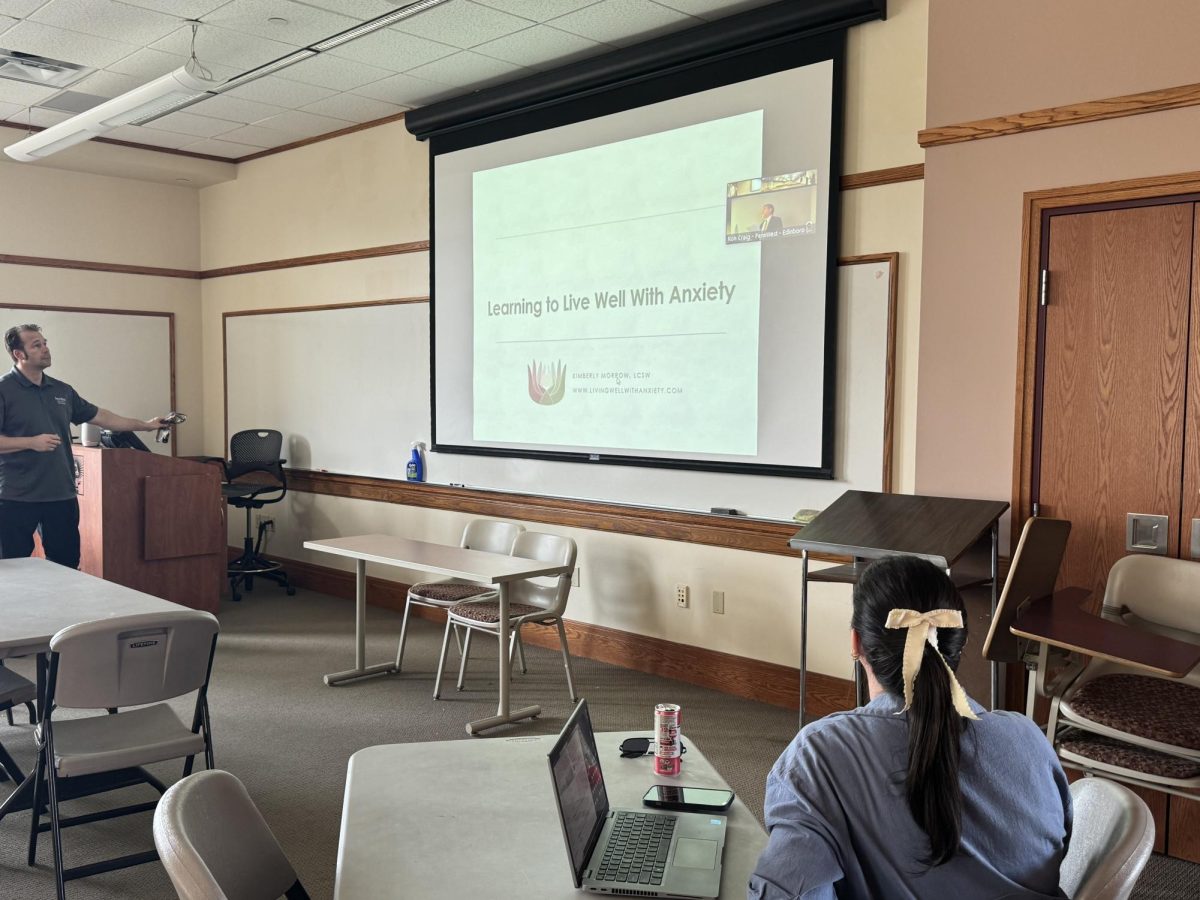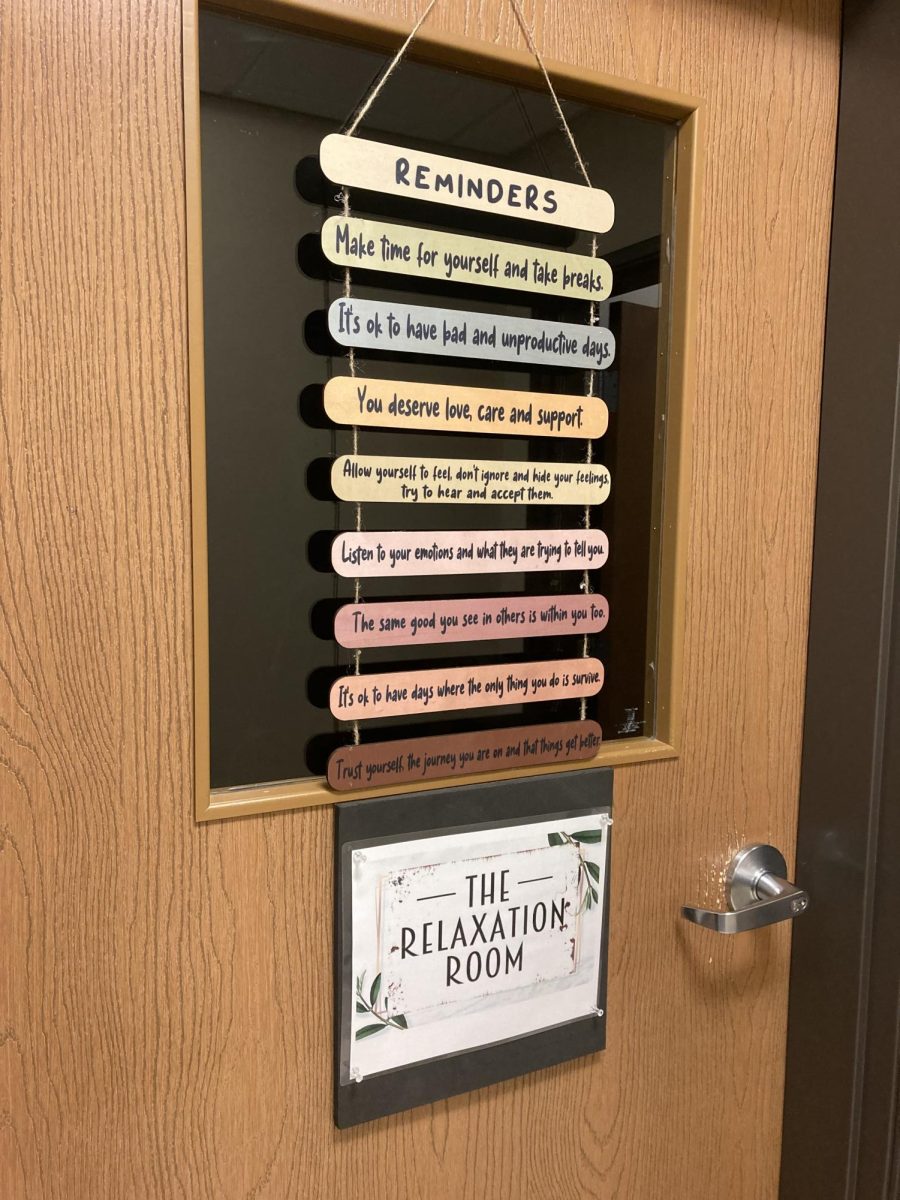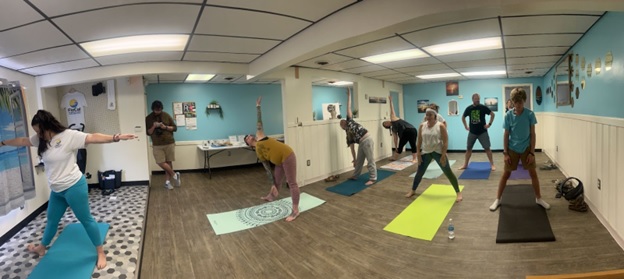For many students, college can be challenging as they work to navigate new experiences, responsibilities, and pressures. These factors can cause anxiety and stress, which can impact the ability of students to focus, perform well academically, and enjoy their college experience. There are coping strategies that can be used by students to manage their anxiety and thrive.
In a virtual workshop held by the PennWest Center for Faculty Excellence last Thursday, Mar. 14, anxiety expert Kimberly Morrow spoke to students from all three campuses. Morrow specializes in working with students who suffer from anxiety. She provides training to school districts to help students with anxiety succeed in school. Kimberly has helped students identify anxiety symptoms and provide helpful strategies for success for over 25 years.
“Fifty percent of young adults will experience significant anxiety,” said Morrow, “I want to give you some simple skills that will turn this around.”
With the right tools and support, it is possible to thrive despite the daily struggles associated with anxiety. Learning to recognize and challenge negative thought patterns is one of the keys to living well with anxiety. Morrow advocates practicing self-compassion and challenging the critical voice in our heads that often exacerbates anxiety. People can change their relationship with anxiety by reframing negative thoughts and focusing on what is true and valuable.
“Anxiety feels bad but it’s not dangerous,” Murrow explained. “You want to notice your thoughts rather than believe them and give yourself an opportunity to pause and pivot.”
Managing anxiety also involves learning how to respond differently to stressors and triggers. According to Morrow, avoiding behaviors and seeking reassurance can reinforce the cycle of anxiety, so it is important not to succumb to avoidance. She encourages students to take small steps toward their goals, despite their fears.
Morrow also stresses the importance of self-care in managing anxiety. For regulating emotions and reducing stress, she recommends incorporating practices such as deep breathing, meditation, exercise, and social connection into daily routines. It is possible to build resilience and better cope with anxiety by prioritizing self-care and engaging in activities that bring joy and relaxation.
Additionally, Morrow stresses the importance of seeking support from mental health professionals and utilizing available resources. Students should seek help when they need it and not be afraid to ask. A support network and access to therapy or counseling services can help students navigate anxiety effectively.
“Being open to learning new skills and changing your mindset is key to living well with anxiety,” Morrow said.
Morrow’s message to students living with anxiety is one of hope and empowerment. The key to living well with anxiety is understanding its underlying mechanisms, challenging negative thought patterns, and practicing self-care. Anxiety can be overcome with the right mindset and support.
For information or to seek help from the PennWest California Counseling Center, visit https://www.calu.edu/student-life/health-wellness.aspx#counseling.





